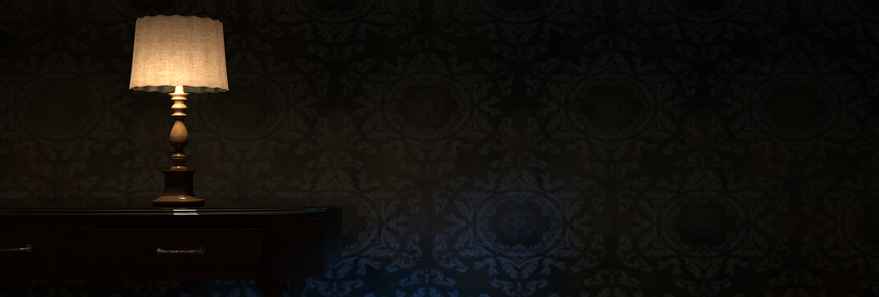Turn out the lights!

Did you know? Your body is very sensitive to nighttime light. Here’s two surprising studies that could change the way you sleep.
In 2017, American researchers published a study involving more than 43,000 women (average age 55 years). Their health and lifestyle had been followed for about 5 years. Researchers discovered that women who sleep with artificial light at night have an increased risk for significant weight gain and obesity.
“In particular, sleeping with a light or television on in the room was positively associated with gaining 5 kg or more and the development of overweight and obesity, even after adjusting for measures of inadequate sleep, diet, and physical activity.”
This link between obesity and nighttime light exposure has been backed up by animal studies and other research from scientists in the UK and Japan.
In this study, researchers concluded that artificial light exposure at night is a risk factor for obesity. “…artificial light exposure at night should be addressed in obesity prevention discussions.”
And here’s another study published just this year that helps explain why nighttime light can contribute to obesity.
In this much smaller study, 20 young adults slept in a room with overhead lighting (100 lx), and also in a room with only dim light (<3 lx).
Researchers discovered that when participants slept in a room with full light, their sleep was more shallow, and they had less time in deep and dream sleep. Their heart rate was higher and they showed more activation of the ‘sympathetic’ nervous system. (The sympathetic nervous system is activated during our fight/flight stress response.)
In the morning, lab tests indicated that people who had slept with more light showed impaired control of blood sugar levels. Their blood chemistry was affected by having slept with brighter light!
In this study, scientists expressed concern about the effect of nighttime light on people’s risk for cardiovascular disease and diabetes. They advised that “avoiding exposure to light at night during sleep may be beneficial for cardiometabolic health".
Summary: All this evidence shows better health for people who sleep in the dark. But this isn’t surprising. After all, that’s how our ancestors lived for thousands of years — sleeping in the dark!
To your natural happiness!
Lucinda
CITATIONS:
Light exposure during sleep impairs cardiometabolic function
Ivy C. Mason, et al. ; PNAS 2022 Vol. 119 No. 12
Association of Exposure to Artificial Light at Night While Sleeping With Risk of Obesity in Women
Yong-moon Mark Park et al.; JAMA Intern Med. 2019 Aug;

